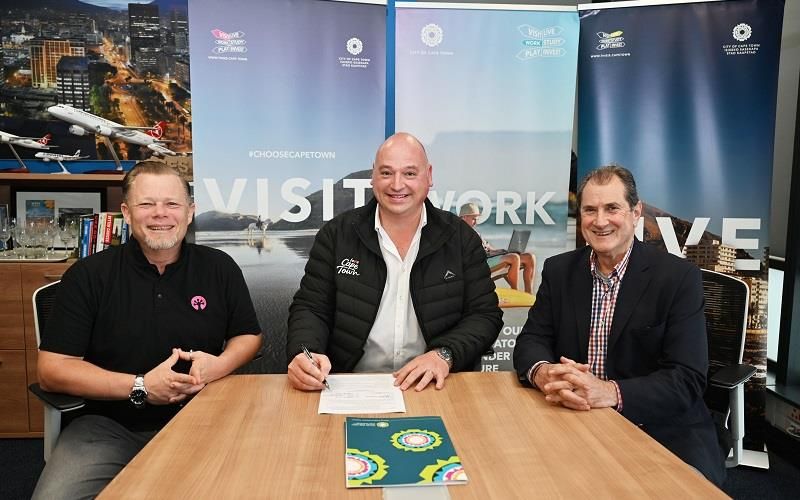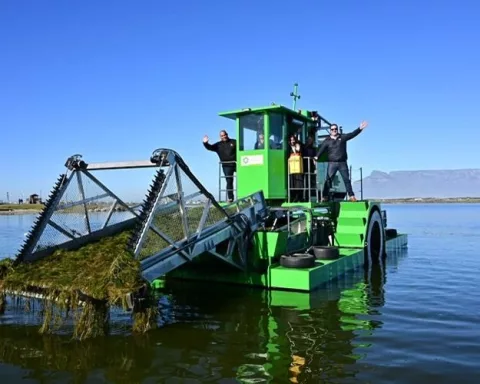Deputy President’s Efforts in Governance, Land Reform, and Service Delivery
South Africa’s Deputy President, Paul Mashatile, has actively led essential endeavors to tackle the country’s challenges in governance, land reform, and service delivery. During a recent National Assembly session, Mashatile detailed government strategies and initiatives aimed at reinforcing South Africa’s governance structures and uplifting rural communities.
Deputy President Mashatile underscored the significance of land reform issues and the need to expedite land claims to benefit rural areas. In answering a question about land claims, he mentioned that the government has collaborated closely with the Department of Cooperative Governance and Traditional Affairs, identifying 66 municipalities in need of immediate assistance. To address these challenges, oversight visits to six provinces have been conducted to resolve instances of weak governance and insufficient service delivery.
Mashatile also pointed out the District Development Model as an effective tool for enhancing inter-governmental relations among government spheres in policy, planning, budgeting, and execution. Through the creation of the Result Management Office (RMO), the government seeks to ensure that municipalities improve service delivery and tackle issues related to resources, capacity, and skills.
Initiatives to Empower Farmers and Support Rural Businesses
In a bid to assist small- and medium-sized black-owned farms in rural regions, the Deputy President unveiled initiatives designed to empower farmers. These include the Agriculture and Agro-processing Master Plan, which has successfully attracted and unlocked nearly R3.5 billion in funding via the Blended Finance Scheme. Furthermore, the R1.2 billion Agro-Energy Fund has been introduced to support farmers in diversifying their energy supply sources for energy-intensive farming operations.
To promote the growth of rural enterprises and small-scale farmers further, the Industrial Development Corporation has implemented the Agri-Industrial Fund. This initiative will offer debt and grants to support capital equipment, infrastructure, and working capital requirements for 60% black-owned businesses. By boosting skills development, capacity building, and access to markets for underdeveloped communities and small-scale producers, the government aims to ensure that rural businesses gain from these endeavors.
Developing a National Framework for Coalition Governments
Regarding coalition governments, Mashatile recognized the necessity for a national framework to direct their functioning and prevent any possible adverse effects on service delivery. The government is presently waiting for feedback on the National Dialogue on Coalitions framework to finalize the report, which will then be submitted to Parliament for approval. Meanwhile, the Department of Cooperative Governance and Traditional Affairs continues to carry out policy and legislative reforms to stabilize local government coalitions.
Commitment to a More Equitable and Prosperous Future
These measures, coupled with strong dedication from the Deputy President and the government, demonstrate their commitment to fortifying governance structures and uplifting rural communities in South Africa. By addressing land reform issues, aiding small-scale farmers, and enhancing the performance of coalition governments, the nation is making considerable progress toward a more equitable and prosperous future.








